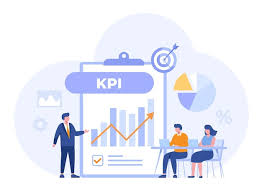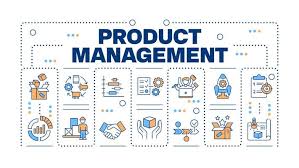Data driven decisions: How to transform your business
Why Data Matters in the Due Diligence Process
When you're preparing for a fundraising round or an acquisition, assumptions don’t close deals—data does. Investors want proof that your product works, your team can execute, and your infrastructure can scale. Data-driven decisions aren’t just good governance; they’re your strongest argument during due diligence.
Companies that approach due diligence with verifiable data—rather than narratives—stand out, reduce negotiation friction, and often secure better valuations.
What Does “Data-Driven” Mean for a Seller?
Being data-driven means using measurable indicators across product, engineering, and operations to support every claim you make. It's about shifting from “we believe” to “here’s what the numbers show.”
In a vendor due diligence process, key areas where data makes a difference include:
- Product usage and retention metrics
- Infrastructure scalability and cost-efficiency
- Engineering velocity and quality indicators
- Security posture and incident tracking
- Compliance readiness and audit trails
Discover how YUKI structures data-backed due diligence for tech companies at askyuki.co/services
Data Points That Strengthen Your Position
Here are examples of data that reduce investor uncertainty:
- Daily active users (DAU) and feature adoption trends
- Test coverage, deployment frequency, mean time to recovery (MTTR)
- Performance benchmarks: API latency, uptime, error rates
- Roadmap delivery velocity (planned vs delivered)
- Security incidents logged and resolved in the past 12 months
These numbers don’t just tell a story—they demonstrate maturity, transparency, and execution discipline.
Common Pitfalls When Lacking Data
Many founders and CTOs fall into the trap of preparing qualitative narratives, but lack the quantitative backup. That leads to red flags such as:
- Vague answers during technical or product interviews
- Inability to demonstrate how roadmap priorities were set
- Missing or outdated documentation
- Over-reliance on manual processes and institutional knowledge
How to Become Truly Data-Driven Before DD
- Define what “good” looks like
Set benchmarks for your team across product, tech, and ops. - Instrument your stack
Use tools to collect usage, performance, and incident data continuously. - Centralize your documentation
From APIs to OKRs, keep evidence in one place. - Audit your roadmap
Show how past releases aligned with business goals and user needs. - Visualize your maturity
Use dashboards and health indicators to tell your story with data.
Need help setting this up? Reach out via askyuki.co/contact
The YUKI Method: Evidence over Opinion
Our approach to vendor due diligence is designed to help sellers prove what matters, using structured metrics and targeted evaluation frameworks.
We work with your teams to extract and validate KPIs across six key domains: tech, product, platform, security, scalability, and team.
See how we help demystify technical due diligence for founders and investors at askyuki.co/faq
Your Takeaway
Data is your ally, not your burden. Sellers who prepare with clarity, structure, and data-backed answers consistently outperform those who rely on pitch decks and intuition.
If you're preparing for a transaction, start by making your key decisions measurable. It will build investor confidence—and increase your negotiating power.
Want to turn your internal metrics into a due diligence advantage? Schedule a discovery call at askyuki.co/contact



















